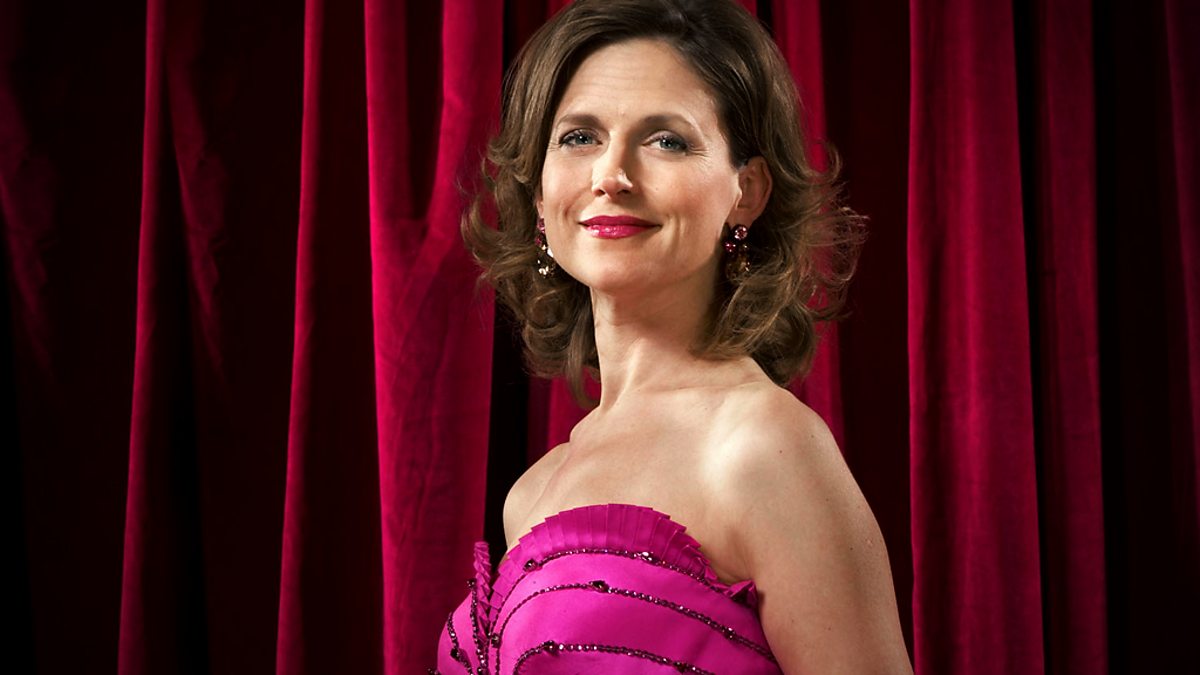I caught the beginning of Afternoon on 3 by chance on the car radio. It was recorded in Coventry Cathedral as part of the 50th anniversary series. I was quite bowled over by A Survivor from Warsaw, a short piece for orchestra, male chorus (who only sang towards the end and in unison) and narrator. The latter, Omar Ibrahim (a one-time chorister at Coventry) was absolutely superb. It was in Scoenberg's sprechstimme or sprechgesang style. Omar had a wonderful voice and amazing diction. Even if you don't think you like this sort of thing, do give it a whirl. It is very striking.
You might have to wait for a bit of a Szymanowsky quartet from the preceding programme to end.
The programme also included a cantata by Bliss which was apparently ditched from the original consecration concert. I haven't got round to hearing that yet.
You might have to wait for a bit of a Szymanowsky quartet from the preceding programme to end.
The programme also included a cantata by Bliss which was apparently ditched from the original consecration concert. I haven't got round to hearing that yet.





Comment